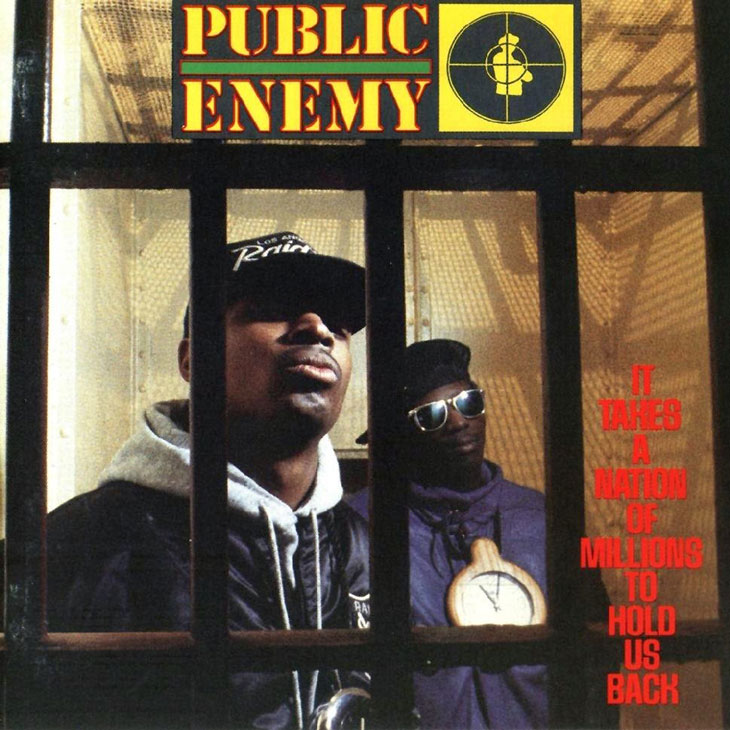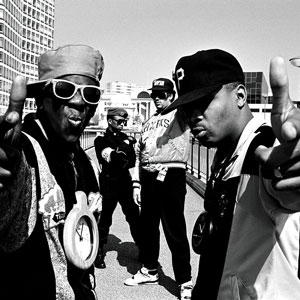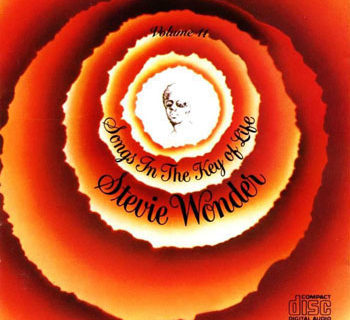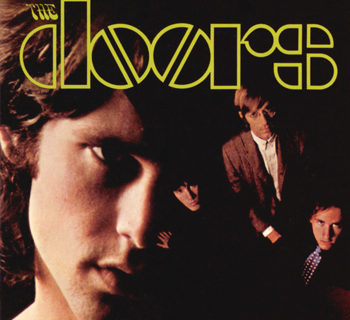Public Enemy - It Takes a Nation of Millions to Hold Us Back
Further, let’s get something out the way quickly: Racism exists. The fact that only two other black artists have made the top 20 of Acclaimed Music’s Top 3000 Albums of All Time should attest to that. When anger is all you know, and you are not given the privilege of understanding, hatred becomes a fuel of greatness. Chuck D knows this, and lays it out in dactylic hexameter on this landmark 1988 album.
As a profoundly white guy myself, I don’t understand the hate that fuels Public Enemy; I don’t understand the rage against cops and the government in the way they do. I’ve never felt threatened, and the worst kinds of hate I have to deal with are passive aggressive at best. I’ve never been the subject of legitimate brutality. I can never understand that pain and suffering; but, I can be an ally, so I acknowledge that it exists and stand with people of color when they do.
It Takes a Nation of Millions to Hold us Back is singularly important in this series for a very simple reason: it’s how I discovered this list. I was on Wikipedia reading about this album and clicked a link—it was love at first sight. More to the point, this album hits like a mac-truck of sound and anger and moves. But more than that, it helps me, a little bit, to understand the rage.
Aside from Chuck D’s flow, which at times has a prosody to matches Homer or Virgil (“Bring the Noise” is, at times, in their epic meter), hype man Flavor Flav brings just enough silliness packed with hurt to highlight the importance of his themes. The samples, which range from atonal piano lines to Slayer to Queen, by Terminator X bring a chaotic sense of impending apocalypse that has a powerful immediacy. “Black Steel in the Hour of Chaos,” “She Watches Channel Zero,” “Terminator X on the Edge of Panic” all have this sense of control within the terror of being black in the ‘70s and ‘80s. What ultimately elevates this record, however, is how that anger, conveyed so well, helps me to understand emotionally, the black experience in America.
More to the point, this album hits like a mac-truck of sound and anger and moves.
The anger conveyed on this record is vibrant and white-hot. I may not understand the brutality of the actual realities of systemic racism, but when I hear Chuck D lament with the sounds of bomb sirens, heavy metal riffs, and overall slam of sound, I understand the emotion of that. It feels like being ripped apart and terrified.
I was born and raised in the suburbs, in the upper middle class, and the hate I’ve faced is not the hate that black people are subjected to, for existing. But Rap helps me start to understand. So I can voice my support.
Which is why this album earns its keep, at the top of the mountain.
Until I bring the noise.













